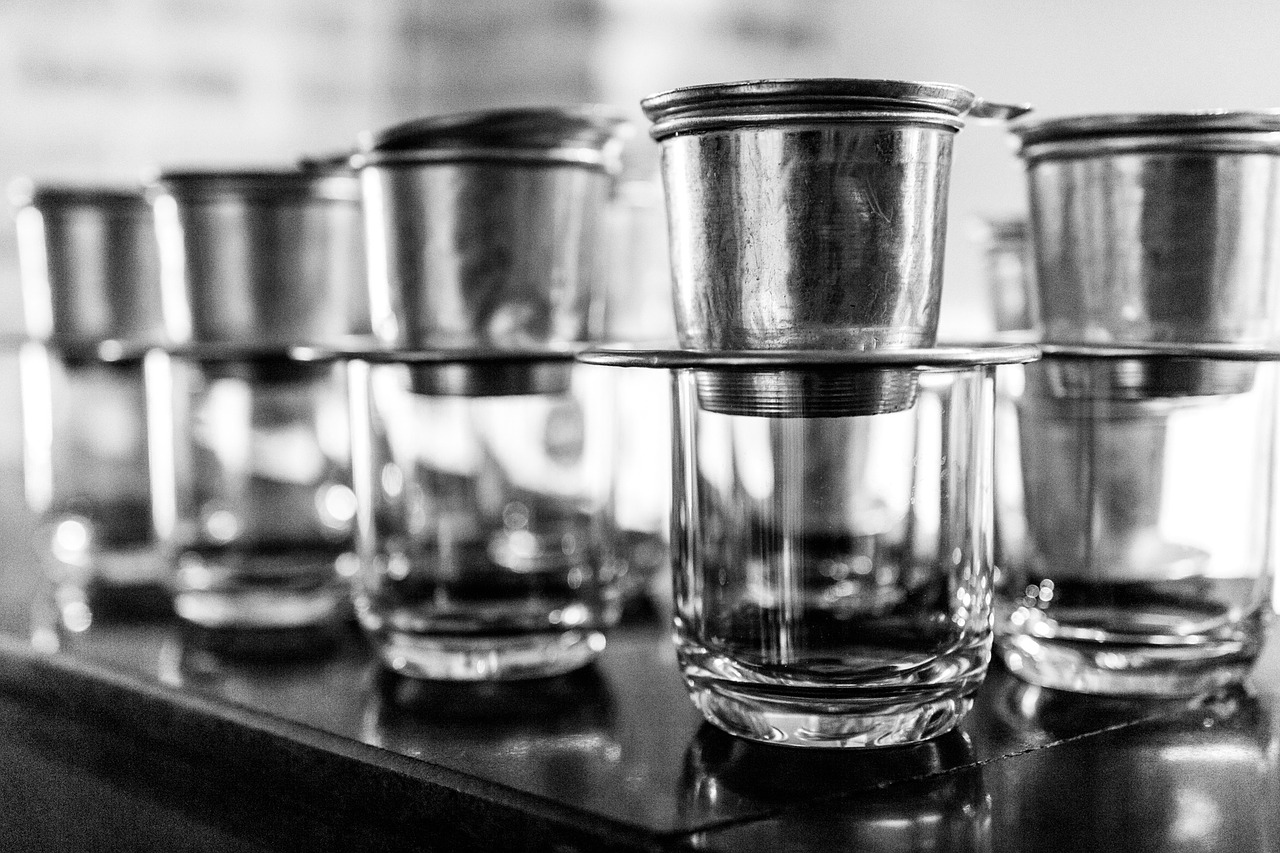
How Many Cups Of Coffee Should We Drink A Day?
How Many Cups Of Coffee Should We Drink A Day?
- Shelli Galici
- 15-08-2017
- 29-07-2025
- 2591 views
- Featured Articles

When it comes to this issue on how many cups of coffee should we drink per day, I guess this talk is very controversial.
Coffee addicts and aficionados say that drinking coffee makes life worth living, and may also help us to live longer. Depending on who you ask, it is either a wonderful beverage or addictive poison
We already know the benefits of drinking coffee and how it helps us prevent diseases. In fact, coffee is the single biggest source of antioxidants for many people.
However, just because a little bit of something is good, it doesn’t mean that a whole lot is necessarily better and you can go gaga over your cup of Joe.
So, how much coffee is too much, and how to maximize the health benefits while minimizing the risks?
Let’s talk first the caffeine in our cup of coffee.
The active ingredient in coffee is caffeine, the most commonly consumed psychoactive substance in the world.
The caffeine content in a cup of coffee is highly variable, ranging from 50 to 400+ mg per cup.
A small home-brewed cup of coffee could contain 50 mg, while a big 16 oz Starbucks Grande can contain over 300 mg. As a general rule, you can assume that an average 8-ounce cup of coffee contains around 100 mg of caffeine.
Several sources suggest that 400 mg of caffeine, or 4 cups of coffee, are safe for most healthy adults. However, most of us don’t follow the general rule and go beyond the prescribed cup of coffee.
What will happen to our body if we have too much caffeine?
There are two side effects of too much caffeine in our body we have the short term and long term side effects.
First, let’s talk about the short-term symptoms, which is are mainly focused with the caffeine itself.
Caffeine works primarily in the brain, where it affects the function of neurotransmitters and exerts a stimulant effect.
If you drink too much coffee in a short amount of time, you will experience symptoms mostly related to your brain and digestive system.
Here are some common symptoms of ingesting too much caffeine:
Restlessness.
Anxiety.
Dizziness.
Upset stomach.
Irritability.
Insomnia.
Fast heartbeat.
Tremors.
If you experience these symptoms after a cup of Joe, you might be sensitive to caffeine and may simply avoid it, or if you can’t resist you may want to cut back your caffeine intake.
Take note that too much caffeine intake can kill you. It is possible to die from a caffeine overdose, but this is impossible to do with coffee alone unless you drink more than 100 cups of coffee a day.
People Tolerate Varying Amounts of Coffee/Caffeine
Caffeine affects people in different ways. Many genes have been discovered that affect our sensitivity to caffeine. These genes have to do with the enzymes that break down caffeine in the liver, as well as receptors in the brain that are affected by caffeine.
The effects of caffeine on sleep are also genetically determined. Some people can drink coffee and go to sleep right after, for others it keeps them awake throughout the night.
Depending on your genetic makeup, you may tolerate a lot of caffeine, or very little. Most people are somewhere in the middle.
People’s individual tolerance is also very important. Those who drink coffee every day can tolerate much more than those who drink it only rarely.
It’s also important to realize that medical conditions can affect sensitivity to caffeine.
If you have anxiety, panic disorder, heart arrhythmia, high blood pressure, diabetes, take medication or have any sort of medical condition, then you may tolerate less caffeine and should speak to a doctor.
How many cups of coffee should we drink per day?
Looking at what caffeine can make to our body seems like 4 to 5 cups of coffee a day is the sweet spot. Coffee has a lot of health benefits and helps in preventing some diseases, but this doesn’t mean that people need to drink coffee.
It is important to know your body before taking any substances. People who are caffeine sensitive, have certain medical conditions or simply don’t like coffee, should definitely avoid drinking it.
Also, if you like coffee but it tends to give you anxiety or interfere with your sleep, then you might want to cut down the coffee intake you drink per day.
Keep in mind that there are many other sources of caffeine besides coffee, including tea, soft drinks, energy drinks, chocolate and certain medications.
For people who enjoy drinking coffee, there is very little evidence of harm and plenty of evidence of benefit. But keep in mind that it’s better to follow the general rule than putting your health at risk.
4 to 5 cups of coffee a day gives you the right benefits needed by your body but beyond that, it’s your choice to be addictive or to be healthy fit.






















